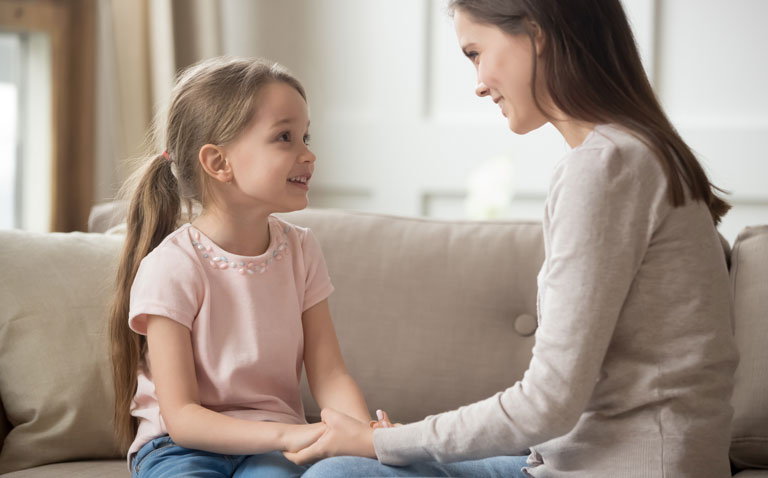An article in Annals of Allergy, Asthma and Immunology discusses the difficulties faced by parents of children with food allergies in not transferring their own anxieties to their children.
“Food allergies are scary for both parents and children, which is why it’s important for parents to offer fact-based strategies in order to not increase their child’s concerns” says researcher Lisa Lombard, PhD, lead author of the article. “According to the allergists we interviewed, thoughtful and balanced communication and having credible information to share with your child go a long way toward helping your child with food allergies cope with their fears.”
Researchers conducted interviews with six board-certified allergists who treat a high volume of children with food allergies. The goal of the interviews was, in part, to get the allergists’ perspectives on the major factors contributing to elevated anxiety in food allergic patients.
“The allergists said the major factors contributing to elevated anxiety in kids with food allergies included fear of the epinephrine auto-injector needle, fear of anaphylaxis and apprehension about participating in oral food challenges or oral immunotherapy,” said Ruchi Gupta, MD, ACAAI member and study co-author. “They also said that although allergic reactions and epinephrine can be scary and disruptive, those experiences were often opportunities for positive coping. For example, successfully using epinephrine can bring a sense of relief after the unknown is faced.”
The allergists noted that with younger children in particular, the child might not be especially anxious, but the parents are. They also said that food challenges – where small amounts of a food a child might be allergic to are introduced in increasingly larger amounts – are an opportunity for families to lessen their fear of the unknown.
“Because children take cues from their parents, and their level of anxiety often reflects their parents’ level of anxiety, parents need to recognise how they’re communicating with their children about food allergies,” says Dr. Gupta. “The allergists interviewed told us they sometimes have parents come in for counselling without the child because doing so helps them take care of the child and the family at the same time. One allergist suggested parents use reassuring dialogue like ‘we’ll get through this’ with their kids rather than expressing their own anxiety of fear.”










